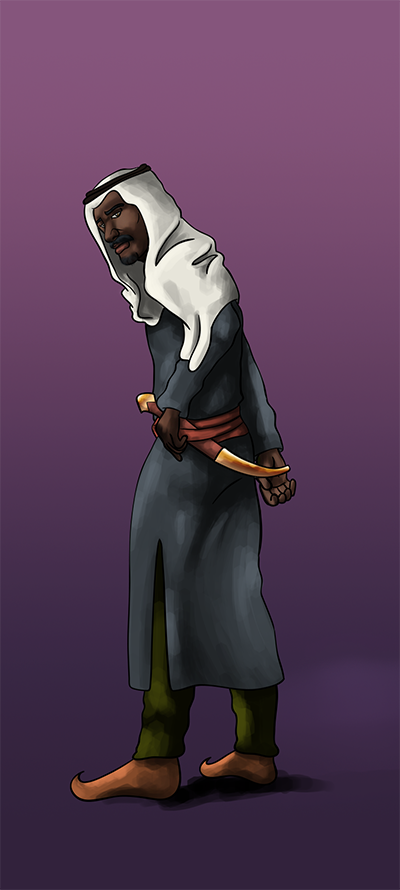
May 31, 2013
Maesunja: Culture
 Nomadic masters of the desert, the Maesunja spend their days traversing the hot and harsh southern sands and steppes of Teowaxi. Herders as well as warriors, they travel with their grazing livestock, and live well off the land. Broken into small clans, Maesunja often break into small skirmishes with other bands, but are organized enough to keep unwanted outsiders at bay from their territories.
Nomadic masters of the desert, the Maesunja spend their days traversing the hot and harsh southern sands and steppes of Teowaxi. Herders as well as warriors, they travel with their grazing livestock, and live well off the land. Broken into small clans, Maesunja often break into small skirmishes with other bands, but are organized enough to keep unwanted outsiders at bay from their territories.
Following centuries of nomadic tradition, Maesunja are natural wanderers. They make use of the land and are often creative in solutions, but also bound to tradition. Hospitality is a cornerstone to their society – visitors are to be treated with respect and welcoming, regardless if they’re kin or foreigner. Due to the vast and remote nature of their environment, encountering strangers is a fairly rare occurrence outside of trade ports, and is an experience to be embraced. Elaborate rituals and rules govern hospitality, with certain expectations of both parties. Guests welcomed into the ger and served coffee and fed. A visitor may stay up to three days without expectation of payment or exchange, and is treated as a member of the family while visiting. In turn, guests are obligated to accept the food and drink offered, and to leave their weapons at the door while they stay. It is considered rude to ask for money, and is more customary for visitors to repay their hosts by offering small tokens or sweets for children.
Camels are the primary means of transport, but their role is far more important than simple pack mule. Camels are constant companions and members of the family. They are well fed and groomed, and their milk provides much of valuable sustenance of a Lord’s daily diet. Most warriors keep 3-4 personal camels, and women and children often having 1-2. Wealth is measured in camels and livestock – often sheep, goats, or yaks. Camels are only consumed as food after they have died of natural causes, injury, or during periods of starvation. Their deaths are mourned, and food prepared from their remains are treated with reverence and ritual. Their skins are made into blankets, clothes, or holy trinkets.
